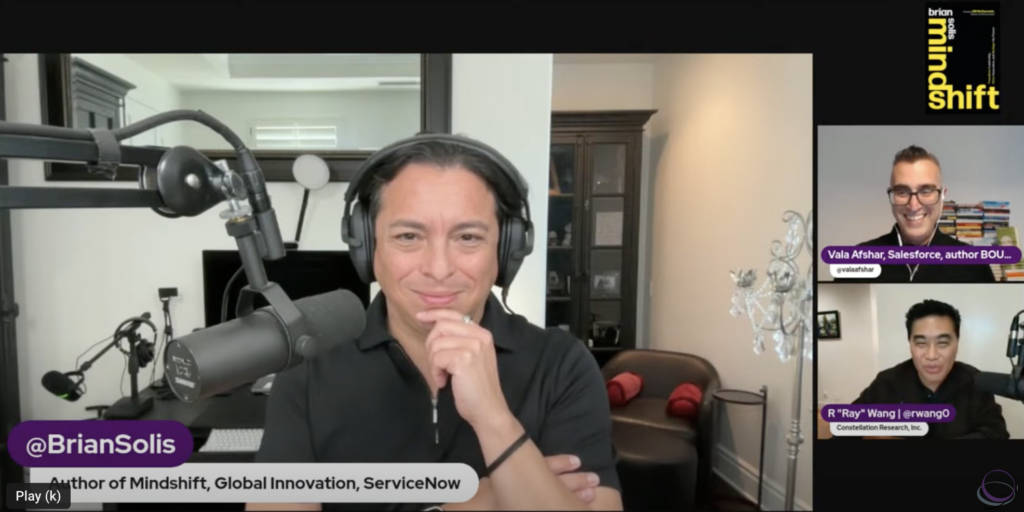There’s been a lot of talk this year about companies expanding their focus beyond just shareholders, employees, and customers. It’s easy to think that this is all just wordplay, fanciful notions that don’t relate to the real world of...
There’s been a lot of talk this year about companies expanding their focus beyond just shareholders, employees, and customers. It’s easy to think that this is all just wordplay, fanciful notions that don’t relate to the real world of business.
This is actually the world tilting on its axis, a permanent and lasting shift for the better.
 It’s easy to forget that companies are a relatively recent invention. For most of human history, “work” was tightly linked to an individual’s skill. As those skills developed into areas of expertise, the concept of a “trade” was created. People in your community would exchange their money for the products created by your skill.
It’s easy to forget that companies are a relatively recent invention. For most of human history, “work” was tightly linked to an individual’s skill. As those skills developed into areas of expertise, the concept of a “trade” was created. People in your community would exchange their money for the products created by your skill.
Around the Industrial Revolution, people realized the incredible value which could be created by creating companies – originally a military term – all organized to achieve more ambitious goals than any individual could accomplish on their own.
With this came the formalization of Workers and Customers, then Bosses and Managers and Owners. Industries were identified and processes were standardized. This led to the incredible explosion of technology and productivity.
The downside is that workers were valued ONLY for their productivity, not otherwise recognized as human beings. This was again based on a military command-and-control model.
And that’s what we’ve been building for the last 200 years or so. It’s yielded high productivity, unbelievably low costs, and global exchange.
The cost has been to the value of the individual, to human rights, and to our planet.
This is one of the powerful forces behind emergence of Stakeholder Thinking, which includes:
Leadership structure of organizations Employees, workers, volunteers Customers and beneficiaries of created value Interconnections between groups – partnerships, supply chains, delivery channels Societies and the development of people as they grow and change The planet and its ecologySince this is based on powerful global forces, I’d like to think that this is an irreversible force driving us to the next stage of society. But of course, there are fits and starts, so it’s a bit messy.
And there are some huge question marks, including global conflict, resource shortages, and the next level of automated work and intelligence. These get in the way of moving toward a future where people matter as people and not just units of work.
So how does this matter to those of us just trying to eke out a living delivering value for our customers?
Simple: The design of a business around all its stakeholders means that we can be on the leading edge of reaching customers, engaging employees, creating partnerships leading to long term business health, and creating the planet and society that we’d all like to live in.
It’s a bit more complicated because now we’re trying to take into account more forces than the typical company from 30 years ago. Life was so much simpler when we believed it was just about “doing what the customer will pay for.”
The good news is that we can be on the leading edge of this trend, becoming one of the ones which thrives in the long term. There are great examples of real companies changing their approach and seeing increased business success. By the way, that includes the traditional measures of revenue and profit.
I’m optimistic that this is what the 21st century will look like, and that businesses can be a primary force driving the betterment of society and a peaceful planet. But we have a lot of work to do!
This article was first published in InnovatioNews.












